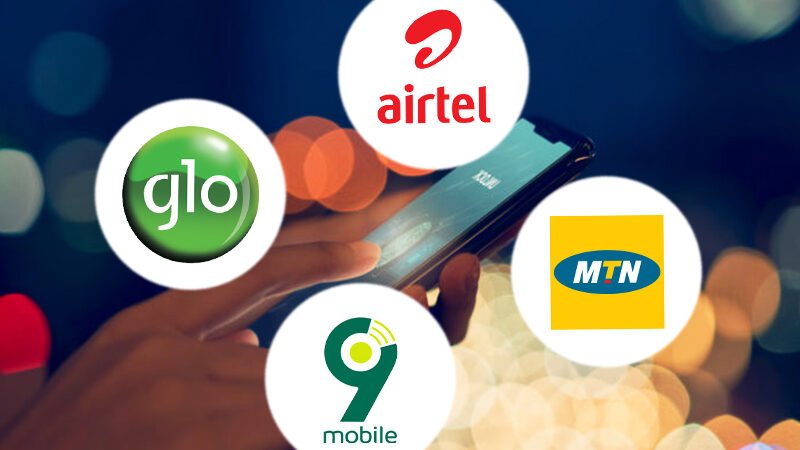The accumulated debt from Unstructured Supplementary Service Data which Deposit Money Banks owe telecommunication firms has risen to over N100billion.
As a result of the debts, banks and telecoms are expected to hold another round of meetings with a view to resolving the gridlock as the debt was put at N80billion a few months ago.
The Head of Operations of the Association of Licensed Telecoms Operators of Nigeria,( ALTON ) Mr. Gbolahan Awonuga, in a conversation with news outlets, confirmed that USSD service debts had grown from N80billion as of November 2022 to over N100billion In April 2023.
According to him, much progress as regards repayment of the debts has not been made, with telecoms and banks still locked up in ongoing discussions.
In his interview with news outlets he told them, “It is still there (the debts). The banks and major telecoms are still discussing, and they haven’t found a way forward yet. The debt has continued to increase and is now over N100billion.”
A top-ranking credible source in one of the telecom firms disclosed to news correspondents that USSD debt has grown beyond N100bn. The source noted that banks owe only one of the telecoms about N100billion.
The anonymous source stated, “The N100billion does not cut it. As of November, last year, the amount that was owed to us was N90billion. Right now, it is safe to say that the amount is over N100billion. This is just one telecom, what about the others? The total figure could be estimated at N150billion.”
According to the viable source, banks are refusing to admit to the fact that they’re indebted to us, hence frustrating the payment process.
“Also, they have the confident backing of the Central Bank, which is why they are not seeing the need to repay, whereas telecoms cannot take such an action because the regulator will impose the impact on mobile subscribers. It has not been resolved, and the banks are becoming more emboldened.”
USSD services ensure that many Nigerians can access banking services on their phones even without smartphone penetration which its numbers are still quite low in the country. It serves as a solution bridge to financial inclusion for many Nigerians.
Bank customers use USSD codes to transfer money, check account balances, and carry out other essential transactions without Internet connectivity. Despite its relevance, banks, and telecoms have been at undesirable odds since 2019 over the non-remittance of USSD fees.
Late last year, the Chairman of ALTON, Mr. Gbenga Adebayo, disclosed that USSD had risen to N80billion from N32billion in 2019. At the time, he said telecoms were getting to a point when they would no longer deliver USSD services to them. Late December 30, 2022, he told news outlets, “We have sought regulatory approval to pursue partial disruption of the service.
“We would start disconnecting those who owe us in batches, in the case of a highest debtor scenario. We don’t know as regards the timing because we are required to get approval before acting. But we would certainly commence the process once it is approved.”

Leave a Reply